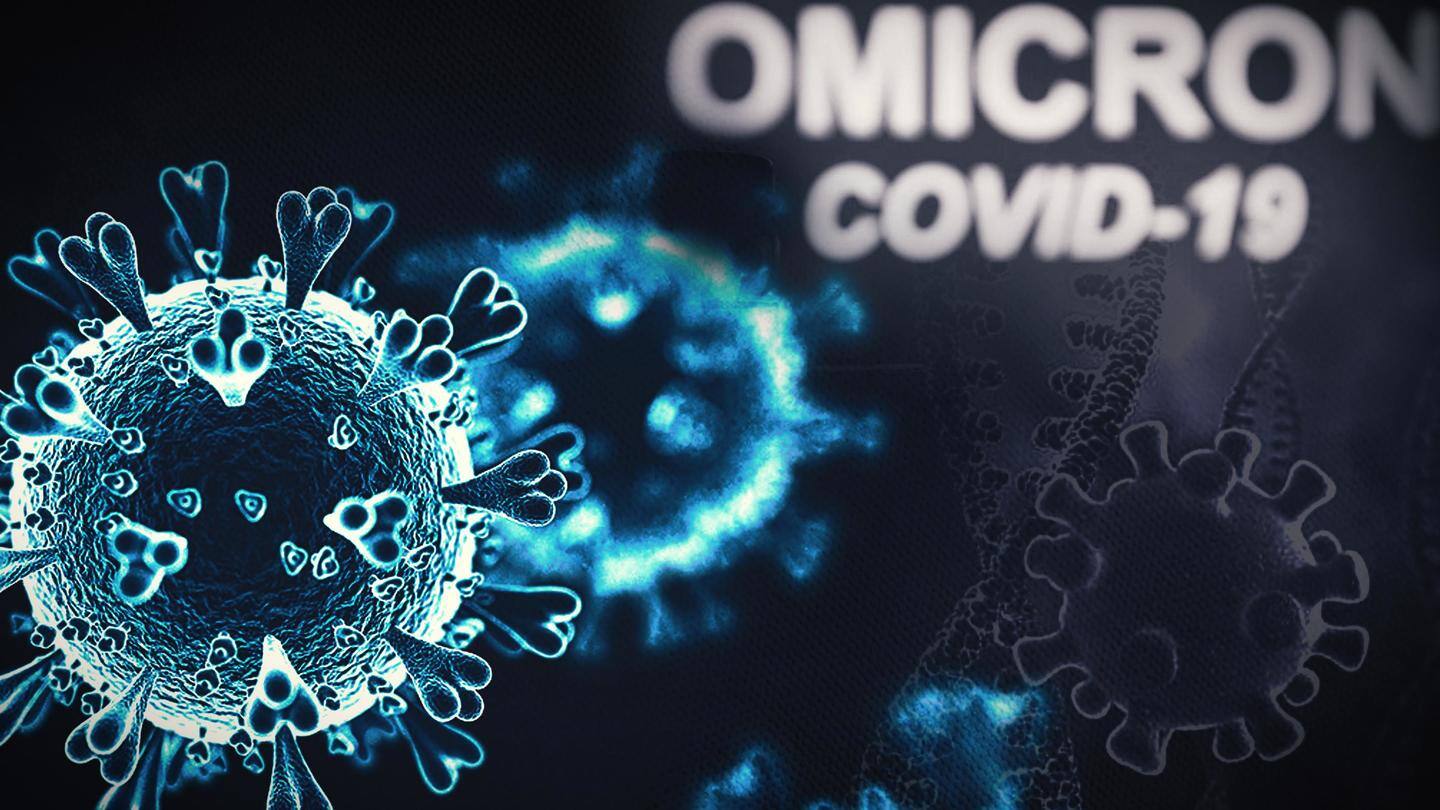
Omicron: Zimbabwe returnee tests positive in Gujarat; India's 3rd case
What's the story
A 72-year-old Non-Resident Indian (NRI) has tested positive for the Omicron variant of coronavirus in Gujarat.
He had returned from the southern African country of Zimbabwe on November 28 and tested positive for COVID-19 on December 2.
Earlier, two people were found infected with the new strain in Karnataka.
Here are more details on this.
Context
Why does it matter?
This marks the third case of Omicron in India though the actual tally could be higher.
The previous two cases were detected from Karnataka.
One of them is a 46-year-old fully vaccinated doctor from Bengaluru while the other a 66-year-old South African national who has since left India.
Omicron is said to be the most heavily mutated strain of the coronavirus SARS-CoV-2.
Details
Zimbabwe citizen had landed in Jamnagar
The Zimbabwe citizen had last week landed in Gujarat's Jamnagar city.
Two sets of his samples were sent for genome sequencing - one to the National Institute of Virology (NIV), Pune and the other to the Gujarat Biotechnology Research Centre (GBRC) in Gandhinagar.
While the NIV's report is awaited, GBRC has confirmed the presence of Omicron.
Details
Patient has mild symptoms, doctor says
The patient has shown mild symptoms such as cough, cold, and sore throat and is currently stable, Dr. SS Chatterjee, the nodal officer for COVID-19 in Jamnagar, said.
He had only received one dose of the Sinovac vaccine.
The authorities have created a micro-containment zone around his residence and are tracing and testing his contacts.
Information
Gujarat CM Bhupendra Patel chairs meet
Meanwhile, Gujarat Chief Minister Bhupendra Patel convened a meeting with state Cabinet Ministers and other officials in view of the Omicron case. He has ordered strict implementation of the central government's guidelines over Omicron.
Strain
What do we know about Omicron?
Omicron (B.1.1.529) has some 50 mutations including over 30 in its spike protein alone.
More than 370 cases have been detected in 30 nations so far.
The World Health Organization (WHO) has classified it as a Variant of Concern and said it could be more transmissible.
It has not been linked to severe disease or death yet.
Several studies on it are currently underway.